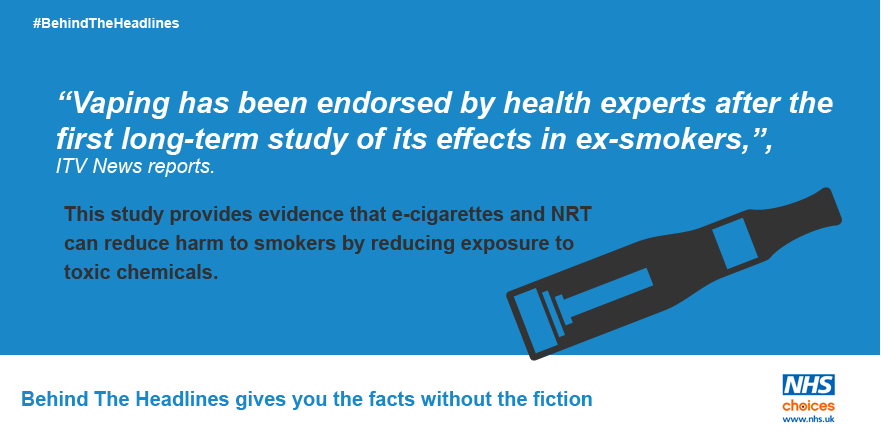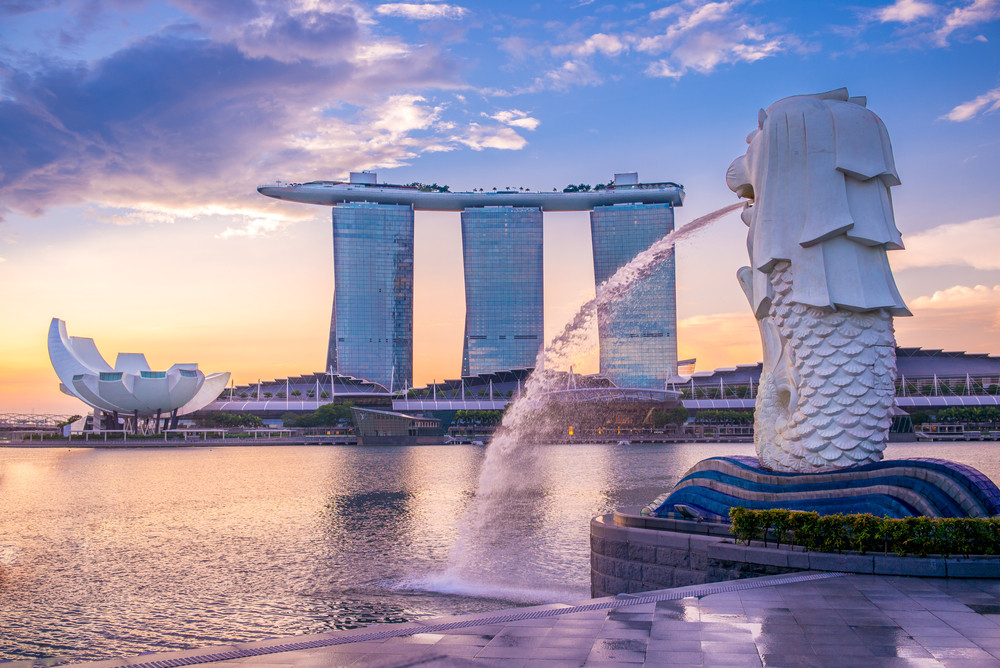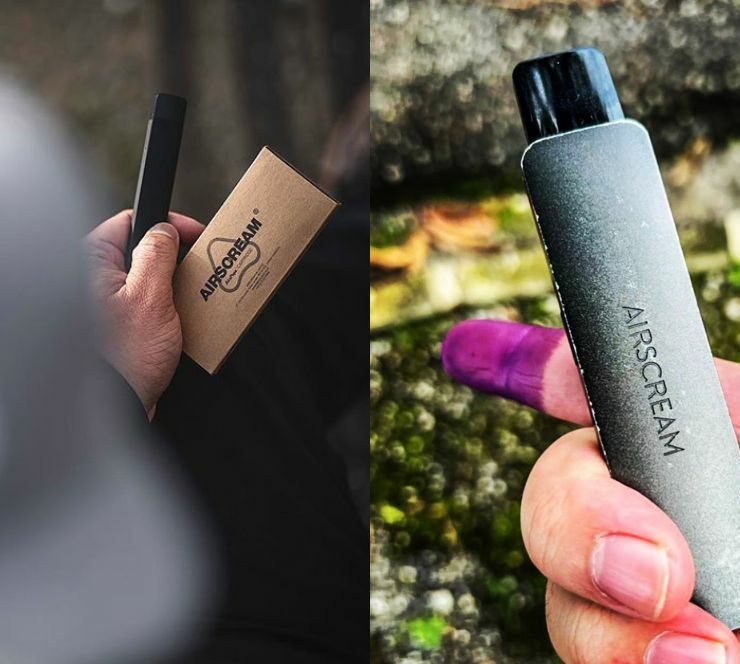Regulate Or Ban? How Other Countries Deal With Vaping

Malaysia is divided over the vaping issue as some are urging to ban e-cigarettes while others are suggesting that regulation is a better solution.
The government is still on the fence as Putrajaya is conducting studies besides talking about it in the Dewan Rakyat.
While the decision is still unclear, we’ve taken a look at how other countries, including our regional neighbours, handle the situation.
The United States and the United Kingdom
The US
In September, Donald Trump’s administration proposed to ban thousands of e-cigarette flavours to combat a recent surge of underage vaping and health-related issues.
The Food and Drug Administration (FDA) wanted to develop guidelines to remove all vape flavours, except for tobacco, from the market.
But after two months since stating his intention to ban these products, the Trump administration restarted talks with industry players and advocacy groups to discuss the issue.
Fearing that it would lead to job losses and disrupt the businesses of vape shop owners which might hurt his reelection prospects, the President backed off from banning e-cigarettes.
The UK
Unlike the US, the United Kingdom decided to regulate vaping instead.
They’ve developed a market with a strict, age-controlled regulatory framework besides sending risk-proportionate messages to the public.
There’s also an independent evidence review that found e-cigarettes to be about 95% safer than tobacco cigarettes.
Even the UK’s National Health Service (NHS) acknowledges that vapes are far less harmful and they help smokers to quit for good.

How about our neighbours?
Singapore

E-cigarettes are prohibited by law and those found guilty can be fined up to SGD2,000.
It is also illegal to import e-cigarettes and those found guilty are liable to a fine of up to SGD10,000 and/or end up in jail for 6 months.
Repeat offenders are liable to a fine of up to SGD20,000 and/or jailed for 12 months.
Thailand

Thailand banned e-cigarettes in 2014 due to health reasons and also as a preventive measure to deter young people from vaping.
Those who break this law could be arrested and face jail time, or fined several times the value of the illegal items.
This applies to both foreigners and Thais.
Indonesia

Indonesia’s Trade Ministry imposed regulatory measures such as the need for e-cigarette products to be authorised by the country’s National Drug and Food Agency (BPOM) and Health Ministry before they can be marketed.
E-liquids are also taxed as high as 57% – higher than the average of excise tax for combustible cigarettes – to make them less affordable for children.
However, in November 2019, the Indonesian government plans to revise existing regulations and are seeking to ban e-cigarettes instead.
Brunei

Vaping is prohibited in the country under the 2005Tobacco Order.
Anyone found vaping in specific public areas where smoking is prohibited will be fined BND300 for the first offense and BND500 for subsequent offenses.
Importing and selling e-cigarettes is also banned and offenders can be fined up to BND5,000 for the first offense and up to BND10,000 for subsequent offenses.
Although different countries have approached the issue differently, the concerns surrounding the issue are mainly the influence it might have on youths and also the perceived health side-effects.
As for the countries which regulate, vaping is seen as a good alternative to smoking tobacco besides helping them to kick the habit.
Controlling measures such as product distribution and messaging are also put in place to ensure the product doesn’t fall into the wrong hands.
Regardless of Malaysia’s stance on the matter, it must be done with careful consideration.
What is your stance on vaping? Let us know on our Facebook, Twitter and Instagram!
Unkempt in both stories and appearance, Hakim loves tech but tech left him on read, previously he used to write about tall buildings and unoccupied spaces that he can't afford, and legend has it that he still can't afford it to this day








